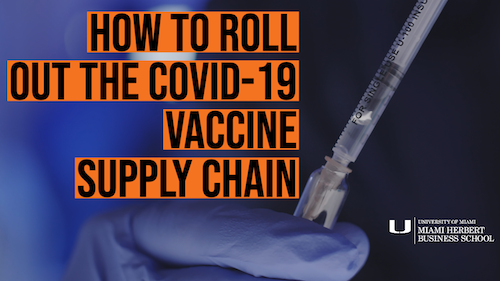Upon the release of a COVID-19 vaccine, urgency to quell the pandemic will require rapid production to accelerate distribution. But decision-makers of specialized vaccine facilities often hesitate to invest resources into the production of a potentially short-term vaccine that loses usefulness once the virus wanes. Also, only few facilities exist with enough capacity and equipment, especially for the more technologically advanced mRNA-based vaccine (versus protein-based) that allows for faster manufacturing. Relevant governmental agencies could surpass obstacles by providing funding to build additional facilities in advance, as well as to encourage private manufacturers to take on the challenge.
Several Stages of Production
Either for a protein- or mRNA-based vaccine, manufacturing requires several stages. Operating smoothly and without delays in these phases will be crucial to assure timely delivery of the end product to clinics.
Raw material stage: Management must source high quality raw materials and identify reliable vendors and suppliers that quickly deliver the items.
Intermediary stages: Manufacturing requires several intermediary stages that enable testing by regulatory agencies. These steps should proceed efficiently for maximum expediency.
Packaging stage: The vaccine may be packaged in a single-dose vial or multi-dose vials. Although single-dose vials reduce wastage at the clinic, they take up more space during production, reducing capacity and storage and potentially causing a bottle neck. Multi-dose vials may represent the better alternative for enhanced storage and production and ultimately improved delivery time.
Missing Regulatory Policies
At the moment, regulatory policies to certify a fair allocation of the vaccine among countries do not exist. Relevant policies may be necessary to facilitate vaccine access to all affected countries.
For additional COVID-19 Thought Leadership and business resources from Miami Herbert Business School faculty, click here.

